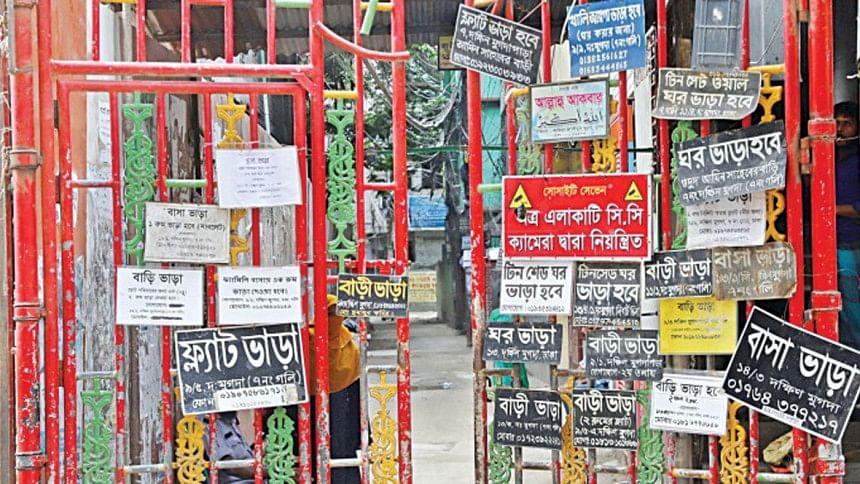The urban middle and low-income groups’ distress

It was inevitable. And we had predicted this outcome since the very seminal stages of the outbreak of the pandemic and of the country's going into lockdown. And so had the experts who also suggested that the economic fallout would perhaps outlast the pandemic and the consequence would be far reaching. This inevitability has been faced by all the countries—rich and poor—big and small, affected by the virus. But for developing countries like Bangladesh, the consequences are being felt more immediately.
The number of poor has doubled since the outbreak, and the hardest hit have been the middle and low income groups and those participating in the countries informal economy, nearly forty percent of our population. According to a Brac survey conducted between May 9 and 13, during the shutdown of the economy in May, the average household income in urban areas registered a 79 percent drop. Another study conducted by the PPRC and Brac's Institute of Governance and Development in April found that 77 percent of the formerly non-poor group had slid below the poverty line. Government help has been abjectly inadequate. It was not only due to inadequate resources but also because of some structural weakness and systemic flaws.
The consequence of this fallout, which has divested these people of their income, has not only thrust a large segment of people in the category of poor, we are also witnessing large-scale outflow from the urban to the rural areas. The migration has the potential of the rural economy being adversely affected, as much as affecting the rental business in the cities on which a good number of people depend.
One of the shortcomings has been that the urban poor, many of them belonging to the informal sector and now jobless, have not been considered in the social safety net programme, which should be done immediately. Incentives in cash and kind should include the poor and the vulnerable non-poor who are not generally in that category but are now so due to the loss of income during the pandemic.

 For all latest news, follow The Daily Star's Google News channel.
For all latest news, follow The Daily Star's Google News channel. 



Comments